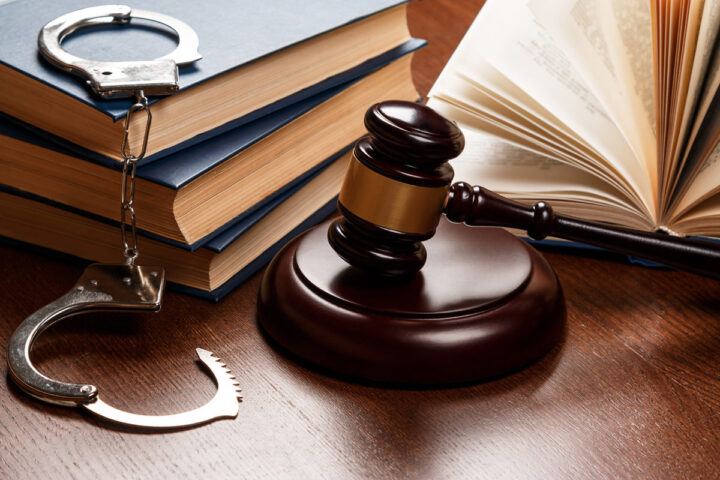Getting arrested can be a terrifying and traumatic experience. It can be hard to think straight because of how strong your stress response to an arrest can likely be.
If you learn about the right steps to take ahead of time, you will find yourself better prepared should you ever get into any trouble with the law.
Remember your right to remain silent
There is a reason that your right to remain silent is the first thing that police tell you about when they read you the Miranda Warning. A combination of nerves and wanting to seem cooperative can make you feel like you should talk to the officers arresting you but staying as quiet as possible makes it harder for them to gather evidence from you or build a case against you based on what you tell them.
Ask for an attorney as soon as possible
The second crucial right included in the Miranda Warning is your right to an attorney. An attorney doesn’t just help you during a trial. They can help you during your initial arraignment and immediately following your arrest. Your lawyer can be present during any questioning to help you avoid falling victim to manipulative police tactics.
Avoid talking to the other people present
Not saying anything incriminating to the officer arresting you may seem straightforward, but your decision to stay silent shouldn’t end there. After being arrested, you’ll likely be held temporarily in a space with a few other people. You might feel like talking with them but doing so could increase your risk in a couple of ways.
First, there’s the possibility that someone could overhear you or that the security system may have audio technology. Second, the people you talk with could either be confidential informants or simply looking to cause trouble, worsening your situation.
Speak up about any unique needs
Do you have a blood pressure issue or heart condition that requires medication? Do you have dietary restrictions because of your religion? Communicating these needs, ideally through your attorney, can better ensure you receive the support necessary to be safe and healthy while in state custody.
Feel free to use your phone call (within reason)
Officers may allow you to make a phone call. Often, that may just entail reaching out directly to an attorney. However, there may be a phone available for you to call someone else while you wait for arraignment. It’s important to remember that telecommunications in prisons and jails are typically subject to monitoring, which means you should not talk at all about the charges against you regardless of the person you call.
Give Cam Law a call today to discuss your recent arrest. We are here to help guide you and protect your rights. Our office phone number is 770- 608-2890.



